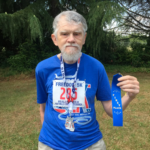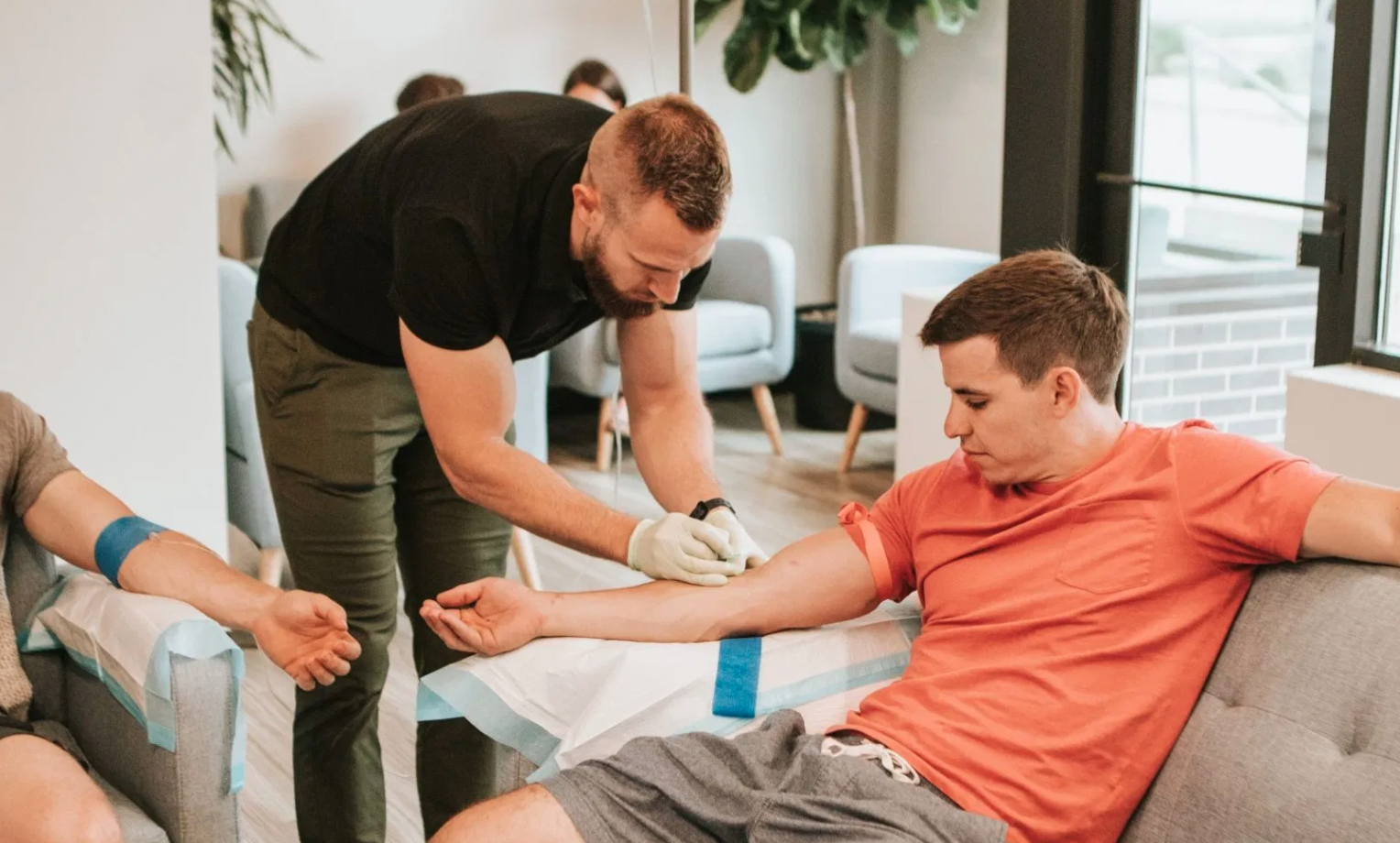 Ever since the discovery of antibiotics knocked down infectious diseases as major reapers of human lives, coronary heart disease (CHD) has ascended to the number one position on the causes of human deaths. Multiple factors contribute to people’s chance of contracting CHD, including unhealthy diets, lack of exercise, chronic stress, obesity, and environmental toxins. These are all things that people have some degree of control over.
Ever since the discovery of antibiotics knocked down infectious diseases as major reapers of human lives, coronary heart disease (CHD) has ascended to the number one position on the causes of human deaths. Multiple factors contribute to people’s chance of contracting CHD, including unhealthy diets, lack of exercise, chronic stress, obesity, and environmental toxins. These are all things that people have some degree of control over.
- People can change to a healthier diet
- People can start and stick to an exercise program
- People can change whatever factor in their lives is causing chronic stress
- People can limit the calories they consume
- People can institute a fasting regimen to push their metabolism into ketosis
- People can move to a place with fewer environmental toxins
However, there is one thing that is not so easy to change, a person’s genetic code.
Your genetic code determines everything about you at the day of your birth. After that day, the environment you live in starts to have an effect, but the genetic code you inherited from your parents continues to influence many things about you, including your susceptibility to disease. Some people are genetically more susceptible to CHD than others. A small number of people are genetically hypersusceptible to CHD and are almost guaranteed to get it, and to get it at an early age. On the other end of the spectrum, a small number of people are very unlikely to suffer from CHD. Most of us fall somewhere in between, with the likelihood of contracting CHD rising exponentially as we age.
Clearly, if a person does nothing to counter the environmental contributors to CHD, gene editing is not going to be a panacea that rescues them from their own negligence. However, gene editing might be able to alter a person’s genetic code to make them less susceptible to contracting CHD.
 Low density lipoprotein cholesterol (LDL-C), the so-called “bad” cholesterol, is naturally present in the human body. Too much LDL-C, however, can cause changes in the circulatory system that bring on CHD. The concentration of LDL-C is controlled by a gene named PCSK9.
Low density lipoprotein cholesterol (LDL-C), the so-called “bad” cholesterol, is naturally present in the human body. Too much LDL-C, however, can cause changes in the circulatory system that bring on CHD. The concentration of LDL-C is controlled by a gene named PCSK9.
Using the CRISPR-CAS9 gene editing technology, researchers at the University of Pennsylvania have altered the PCSK9 gene in mice, as reported here. The result was a major reduction in LDL-C. Since the change to the genome is permanent, this is a “one and done” treatment. There is no need for ongoing medication.
In addition to LDL-C, another bad actor in the blood is triglycerides. As with LDL-C and PCSK9, there is a single gene that has a major impact on triglyceride levels, ANGPTL3. As is the case with LDL-C and PCSK9, a CRISPR-CAS9 modification of the ANGPTL3 gene dramatically reduced triglyceride levels in mice. This research is reported here.
Results in mice don’t always translate to humans, so there is a lot more work to be done before these treatments become available to the general public. However, the results with the mice are encouraging, and human trials should start soon.
What will major reductions in LDL-C and triglycerides mean to the people who receive this therapy?
- More years of healthy, active life
- Drastically reduced medical expenses
- Less stress on the family
These are outcomes that can dramatically improve quality of life, not only for those who receive the treatments, but all those around them too.
BIO:
Allen G. Taylor is a 40-year veteran of the computer industry and the author of over 40 books, including Develop Microsoft HoloLens Apps Now, Get Fit with Apple Watch, Cruise for Free, SQL For Dummies, 9th Edition, Crystal Reports 2008 For Dummies, Database Development For Dummies, Access Power Programming with VBA, and SQL All-In-One For Dummies, Third Edition. He lectures internationally on astronomy, databases, innovation, and entrepreneurship. He also teaches database development and Crystal Reports through a leading online education provider. For the latest news on Allen’s activities, check out his blog at wwwallengtaylor.com or contact him at allen.taylor@ieee.org.